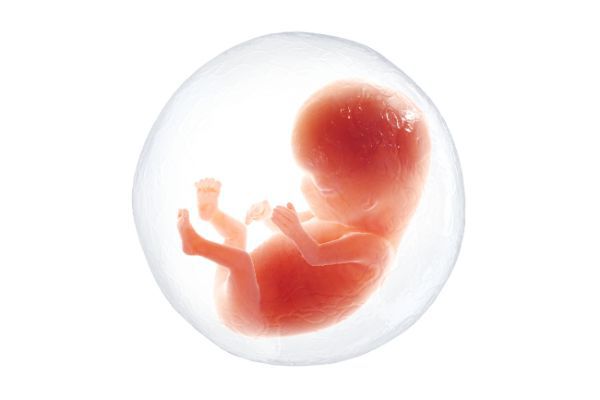On the day Daria and David agreed to store frozen embryos for future use, divorce was far from their minds. They were in perfect agreement, deeply in love, and looking forward to future parenthood. However, things didn’t work out exactly as they had planned. Daria and David put off becoming parents for several years, but unfortunately, their relationship faltered in the interim. After David filed for divorce, he realized they had to make some difficult decisions about what to do with their frozen embryos.
The Findley v. Lee Decision
The frozen embryo’s future sometimes hinges on agreements signed by the couple.
At an emotional time in their lives, married couple Mimi Lee and Stephen Findley found themselves facing some difficult choices. Lee had just been diagnosed with cancer. In vitro fertilization seemed their best path toward parenthood, so they stored some frozen embryos in 2010. At the time, they also signed an agreement stating that the embryos would be destroyed if they divorced.
When they later did split up, those embryos became a hot issue. Ms. Lee wanted to use them, but Mr. Findley did not.
Their battle landed in California Superior Court. Judge Anne-Christine Massullo had to weigh each party’s rights in this ground-breaking litigation. Her final decision agreed with Mr. Findley’s assertion that the agreement the couple had signed in 2010 was a binding and irrevocable contract. Accordingly, the clinic destroyed the cryopreserved embryos.
Other Court Cases Involving Frozen Embryos and Divorce
One Colorado divorce case involved Mandy and Drake Rooks. The wife wanted to preserve the embryos after divorce so she could have a large family. However, the husband did not want any more children. The Colorado Supreme Court set guidelines for dealing with custody battles over embryos and sent the case back to the lower court.
And a Connecticut couple faced a different dilemma. Jessica Bilbao, the wife, wanted to destroy the embryos while husband Timothy Goodwin hoped to donate them or use them if the couple reconciled. Oral arguments brought up comparisons to abortion and to pro-life statements. Eventually, the court ruled that the frozen embryos were marital property that could be destroyed despite Mr. Goodwin’s objections.
What Happens When There’s No Agreement
Clinics generally have couples sign a contract stipulating how to deal with stored embryos in the future. However, courts may struggle with the following issues when no contract exists:
- Are you forcing a man to become a father if you allow a woman to use the frozen embryos?
- Does destroying the embryos infringe on the woman’s rights to become a mother?
- When both parties want the embryos, can the stored embryos be split between them?
The existence of frozen embryos can take divorce proceeding to a whole new level. The issues are complex and emotional. If you are facing this struggle, contact a California divorce attorney as soon as possible.
Will Frozen Embryos Factor into Your Divorce?
The custody of frozen embryos is not an easy issue to resolve. Sometimes both parents want the embryos destroyed or want possession. Sometimes only one parent is interested in using them for future children. Will one parent be forced to pay child support to any children born of the frozen embryos? You need a divorce lawyer who understands how to handle such delicate situations.
The attorneys at the Law Offices of Judy L. Burger are experienced at all phases of divorce, legal separation, and annulment. Call us at 415-293-8314 to schedule a private appointment or visit our website. We maintain offices in San Francisco, San Diego, Beverly Hills, Marin County, Santa Barbara, Ventura/Oxnard, San Jose, Gold River (Sacramento), and surrounding communities.


